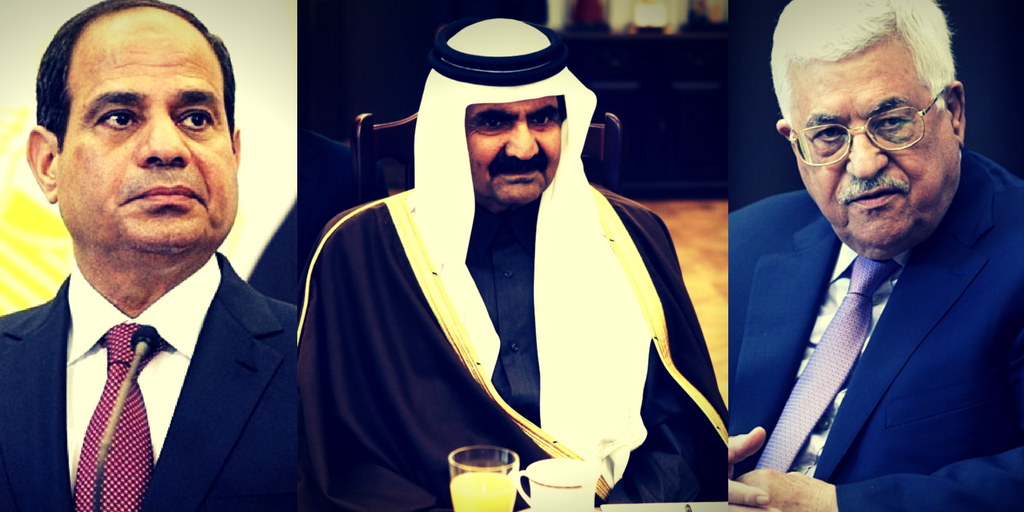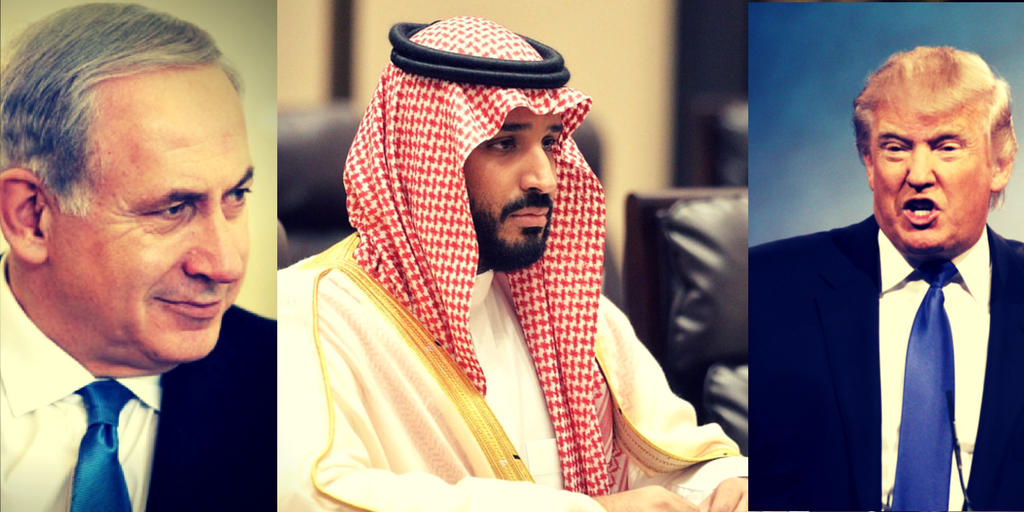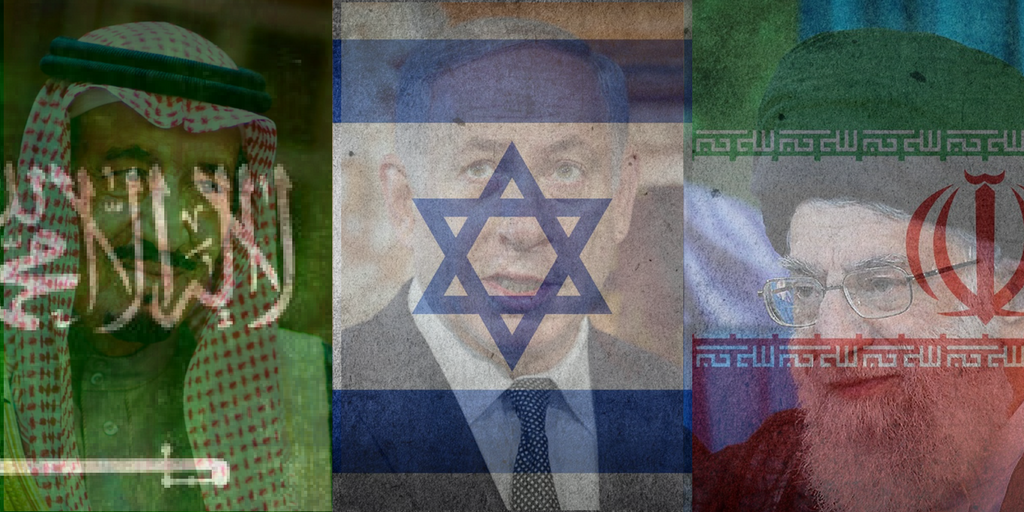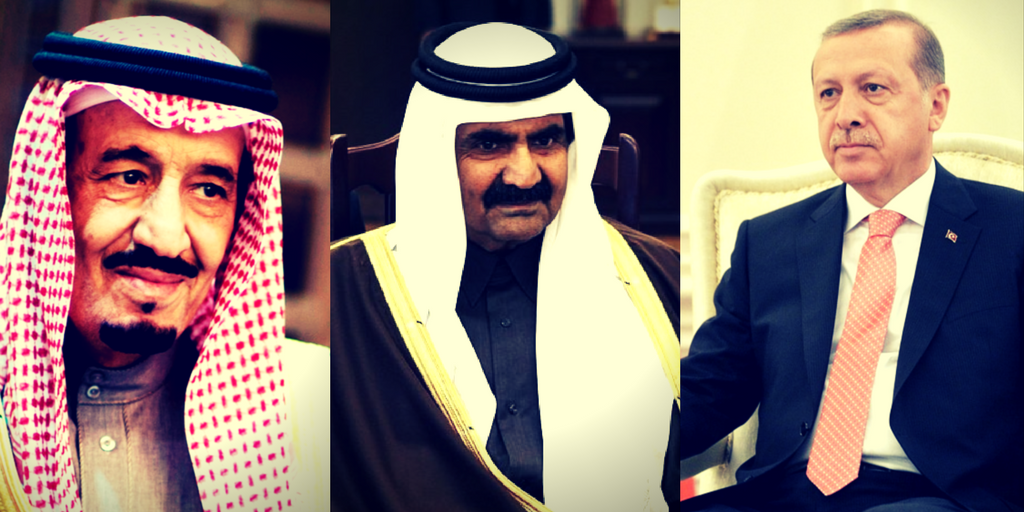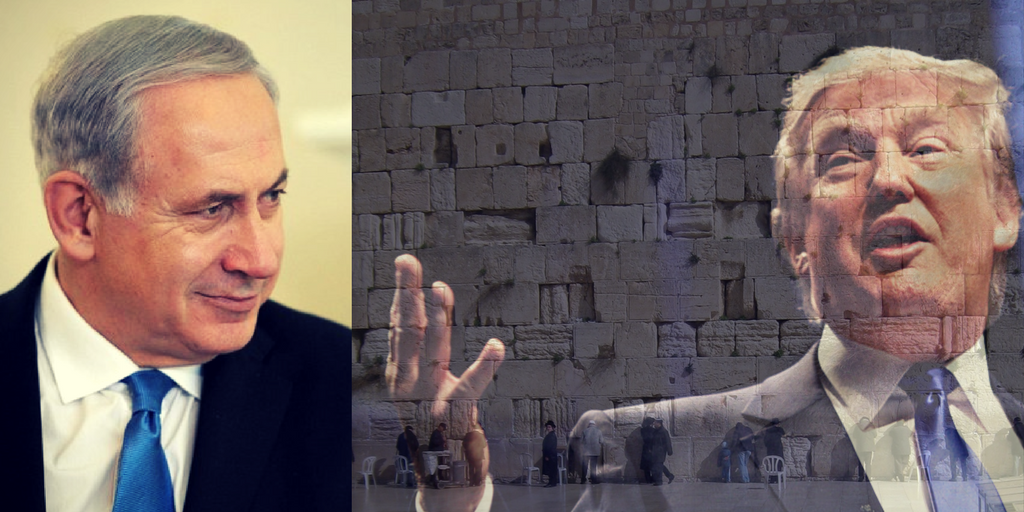Israelis are greeting US President Donald Trump with cautious optimism. Their optimism stems from President Trump’s iconoclasm. Trump won the US presidential election based on a campaign of rejecting the prevailing narratives on US domestic and foreign policy that have long held sway among the elites. These narratives dictate and limit the boundaries of acceptable discourse in the US. Unfortunately, their relationship with facts and truth was never more than incidental. Indeed, in recent years that incidental link has vanished altogether along a wide swath of policy areas. On the domestic front, the most obvious examples of this disconnect between the prevailing narratives that dictate policies and the facts that guarantee the failure of those policies relate to US immigration policy and US healthcare policy.
American voters elected Trump because whether or not they supported his specific immigration and healthcare policies, they appreciated his willingness to state openly that the policies now in effect are having devastating impacts on American society.
Finally, Trump’s enthusiastic, unqualified support for Israel, his refusal to endorse the establishment of a Palestinian state and his pledge to move the US Embassy to Israel’s capital city Jerusalem were second importance only to his pledge to appoint Supreme Court justices that oppose abortion to his success in winning near wall-to-wall support from evangelical Christian voters.
It was because of his foreign policy iconoclasm that Israelis were, by and large, euphoric when Trump was finally inaugurated in January.
Since then, however, in significant ways, Trump has bowed to the narratives of the establishment. As a result, Israel’s euphoria at his election has been replaced by cautious optimism.
During his speech in Riyadh, in relation to both Iran and Islamic terrorism, Trump kept his promise to base his strategies for dealing with the threats on facts rather than narrative.
As far as Iran was concerned, Trump broke with convention by ignoring the meaningless presidential “elections” in Iran last Friday. Rather than embrace the common delusion that ballots mean something in Iran, when Iranian dictator Ali Khamenei decides who can run for election and decides who wins, Trump concentrated on facts. Iran is the primary engine of terrorism in the region and the world, he explained. Moreover, the world would be a better place, and the Iranian people would be better off, if the regime were overthrown.
On Islamic terrorism, Trump again ignored the advice of his national security adviser H.R. McMaster and refused to embrace the false narrative that Islam has nothing to do with terrorism. Rather, standing before the leaders of the Islamic world, Trump exhorted them to confront “Islamist extremism and the Islamist terror groups it inspires.”
Trump’s decision to make the case outright to the Muslim leaders was all the more astounding because on the eve of his speech, McMaster demeaned his refusal to embrace the narrative that Islam is peace in an interview with ABC News. In McMaster’s insubordinate words, “The president will call [Islamic terrorism] whatever he wants to call it. But I think it’s important that whatever we call it, we recognize that these are not religious people and, in fact, these enemies of all civilizations, what they want to do is to cloak their criminal behavior under this false idea of some kind of religious war.”
McMaster then insisted that despite the fact that his boss continues to talk about “radical Islamic terrorism,” Trump is coming around to embracing the official narrative that Islam is unrelated to Islamic terrorism. “This is learning,” he said.
But while Trump has maintained his fact-based rhetoric on Iran, for instance, his actual policy is very similar to Obama’s. Rather than keep his campaign pledge and cancel the nuclear deal which guarantees Iran a nuclear arsenal in ten years, Trump chose to punt. He certified – wrongly – that Iran is abiding by the terms of the deal even as the Iranians are stockpiling uranium in excess of the amounts permitted under the deal and are barring weapons inspectors from entering their nuclear sites. So too, Trump has kept up Obama’s practice of keeping the public in the dark regarding what was actually agreed to with Iran by refusing to reveal the nuclear agreement’s secret protocols.
In other words, his policies have yet to match his rhetoric on Iran.
But then again, there is reason to give Trump the benefit of the doubt on Iran. It is more than possible that Trump’s visit to Saudi Arabia and Israel is entirely about Iran. After all, Trump has enthusiastically joined the anti- Iran coalition that Prime Minister Benjamin Netanyahu built with the Sunni regimes to try to mitigate the destructive consequences of Obama’s embrace of the ayatollahs. And he seems to be interested in using this coalition to rebuild US power in the Middle East while ending Iran’s unimpeded rise as a nuclear power and regional hegemon, just as Israel and the Sunnis had hoped.
The same inconsistency and lack of clarity about Trump’s intentions and his level of willingness to reject the establishment narrative on foreign policy is even more blatant in everything related to Israel and the Palestinian war against it.
During his speech in Riyadh, Trump repeated the obnoxious practice of his predecessors and left Israel off the long list of countries that are afflicted by terrorism. The notion at the heart of that deliberate snub is that terrorism against Israel is somehow different and frankly more acceptable, than terrorism against everyone else.
During his brief visit to Israel, Trump will also go to Bethlehem to meet with Palestinian Authority President Mahmoud Abbas. This will be the two men’s second meeting in less than a month. By insisting on meeting with Abbas during his lightning visit to Israel, Trump signals that he agrees with the narrative view that the US cannot support Israel without also legitimizing and supporting the PLO and its terror funding kleptocracy, the Palestinian Authority.
Finally, even when Trump has adopted a position that repudiates the establishment’s line, the fact is that the establishment’s members dominate his foreign policy team. And as a consequence, they do everything they can to dilute the significance of his moves.
This was clearly in evidence in relation to Trump’s decision to visit the Western Wall on Monday. In the week that preceded his visit, embassy officers angrily rejected Israel’s request that Netanyahu join Trump during his visit to the Jewish holy site, insisting that the Western Wall isn’t in Israel.
In so acting, these Obama holdovers were backed by McMaster, who refuses to admit that the Western Wall is in Jerusalem, and by his Israel-Palestinians director at the National Security Council, Kris Bauman, who served on Obama’s anti-Israel foreign policy team and supports US recognition of Hamas.
In other words, even when Trump tries to embrace fact over narrative, his failure to populate his foreign policy team with iconoclasts like himself has made it all but impossible for him to abandon the anti-Israel narrative guiding US policy. None of this means that Israelis have lost hope in Trump. To the contrary. They have enormous hope in him. But they recognize that so long as the same hostile false narrative about Israel, and the establishment that clings to it dominate Trump’s thinking and policies, the promise of his presidency will not be met.

